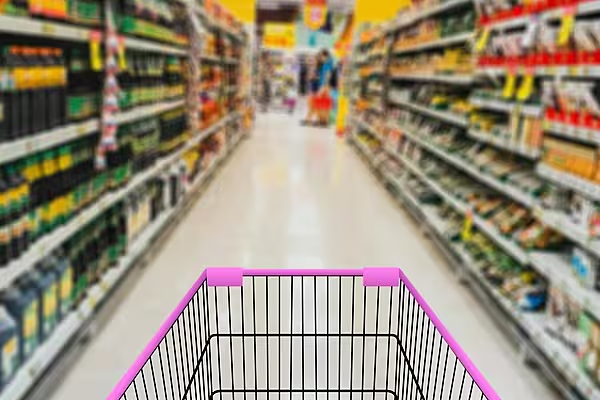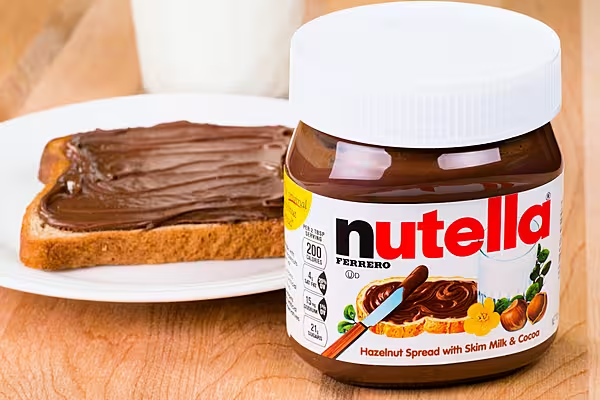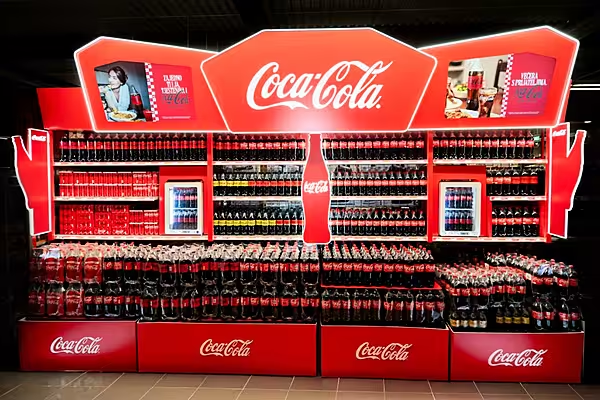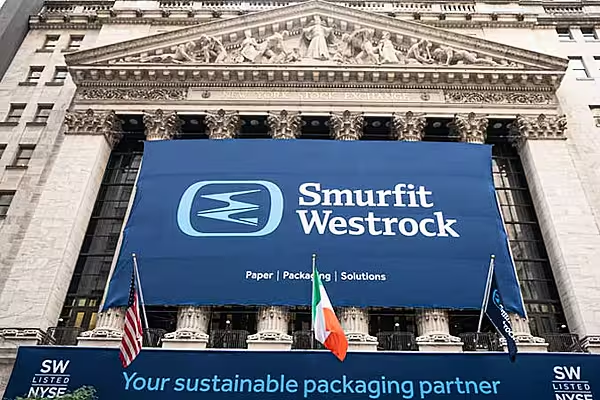A Nomisma study has revealed that 70% of Italian consumers prioritise sustainable packaging when buying food at large-scale retailers.
More than one in five Italians prioritise food products with packaging made from renewable sources (23%), completely recyclable (23%), or those that minimise packaging waste (21%).
Consumers are willing to adjust their purchasing behaviour to favour eco-friendly packaging, particularly for products marketed as healthy or sustainable. However, they are hesitant to pay a substantial premium for such packaging.
Health, cost-effectiveness, and sustainability emerged as the top three consumer purchasing priorities in 2025. Retailers understand the need to offer own-brand products that are both healthy and sustainable, aligning with consumer preferences and their brand image.
However, they are also mindful of the increasing consumer focus on affordability.
Italian consumers primarily define healthy food as minimally processed (46%), free of additives and colourings (34%), without added sugars (34%), and low in fat (32%).
The origin of ingredients and the supply chain also play a role. Sustainability, meanwhile, is linked to eco-friendly packaging (46%), local sourcing (43%), and reduced CO2 emissions during production (42%).
Eco-Friendly Packaging
Nomisma's research emphasises that eco-friendly packaging is especially important for consumers buying healthy and sustainable food.
Seventy-three percent consider sustainable packaging crucial for healthy products, and this figure increases to 76% for products specifically marketed as sustainable.
Consumers frequently choose the option with more environmentally friendly packaging when comparing otherwise identical products.
The study also highlighted the challenges brands face in adopting sustainable packaging, citing high raw material costs, regulatory uncertainty, and material availability.
The Nomisma Packaging Observatory 2025 polled over 1,000 consumers and major retailers in Italy.











